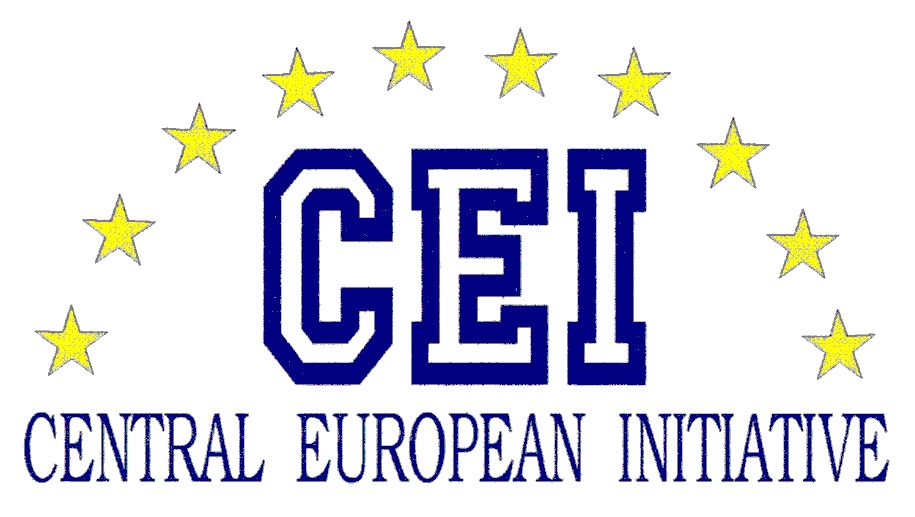The longstanding tradition of the Wild Roses section at the Trieste Film Festival (during its 35th edition from January 19 to 27), which each year takes stock of the female filmmakers of a Central Eastern European country, now turns its focus to German cinema. Following editions dedicated to Poland, Georgia, and Ukraine, this year’s selection—carefully curated by Berlinale Executive Director Mariëtte Rissenbeek—features a compilation of the most compelling female perspectives from contemporary Germany.
The programme will feature thirteen titles from as many authors—films that have won numerous awards around the world, alongside lesser-known works, that will unveil names yet to be discovered by the Italian audience—explains Nicoletta Romeo, artistic director of the Trieste Film Festival—who will paint a picture of a ‘a modern, inclusive, and multicultural country that defies stereotypes’.
Leading the German delegation will be Margarethe von Trotta, guest in Trieste to present her new film, Ingeborg Bachmann – Journey Into the Desert (soon to be released in Italian cinemas by Movies Inspired). Von Trotta, symbol of Neuer Deutscher Film and winner of the Golden Lion at Venice in 1981 with her film Marianne and Juliane, and Ulrike Ottinger (whose film Paris Calligrammes will also be showcased) are protagonists of a generation of leading female artists at the forefront of German film.
Other names familiar to international festival audiences include Maren Ade, the breakout talent from Cannes 2016 whose film Toni Erdmann introduced the world to the exceptional actress Sandra Hüller; Valeska Grisebach and Angela Schanelec for their recent works (Western, shown at Cannes in 2017, and Music, awarded Best Screenplay at the latest Berlinale); Maria Speth, recipient of the Silver Bear for Mr. Bachmann and His Class; Maria Schrader winner of the Audience Award at the European Film Awards for Stefan Zweig: Farewell to Europe; and Emily Atef, capturing an unprecedented portrayal of Romy Schneider in 3 Days in Quiberon.
And still, the cosmopolitan talent Ana-Felicia Scutelnicu (Anishoara), Ayşe Polat (In the Blind Spot), the daring Nicolette Krebitz (Wild), Nora Fingscheidt (System Crasher), and Frauke Finsterwalder (Sisi & I)
Rissenbeek explains, “Wild Roses serves as a real inspiration to contemplate nonconformist and courageous female filmmakers, along with films that both engage and amuse me, yet may also be difficult and uncomfortable. After all, there’s no rose without thorns.”
The Wild Roses focus is realised with the support of German Films, Goethe-Institut Rom and DeutschZentrum Triest.



